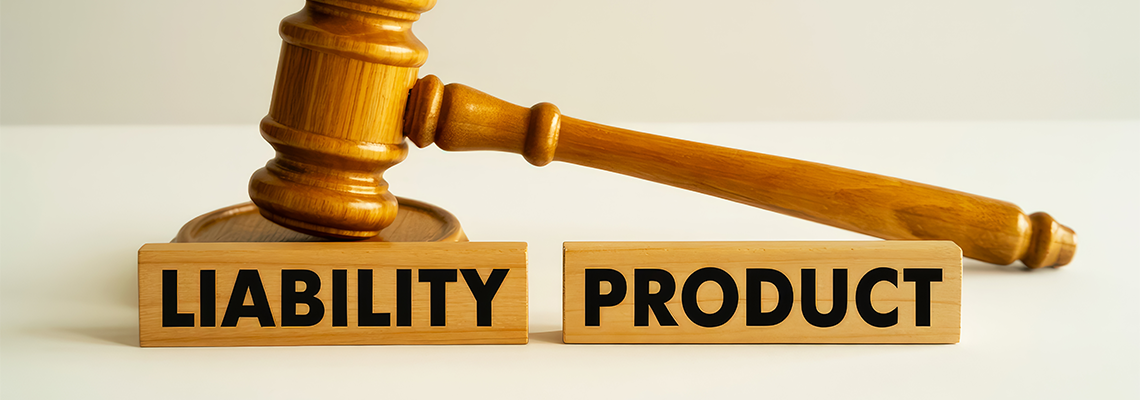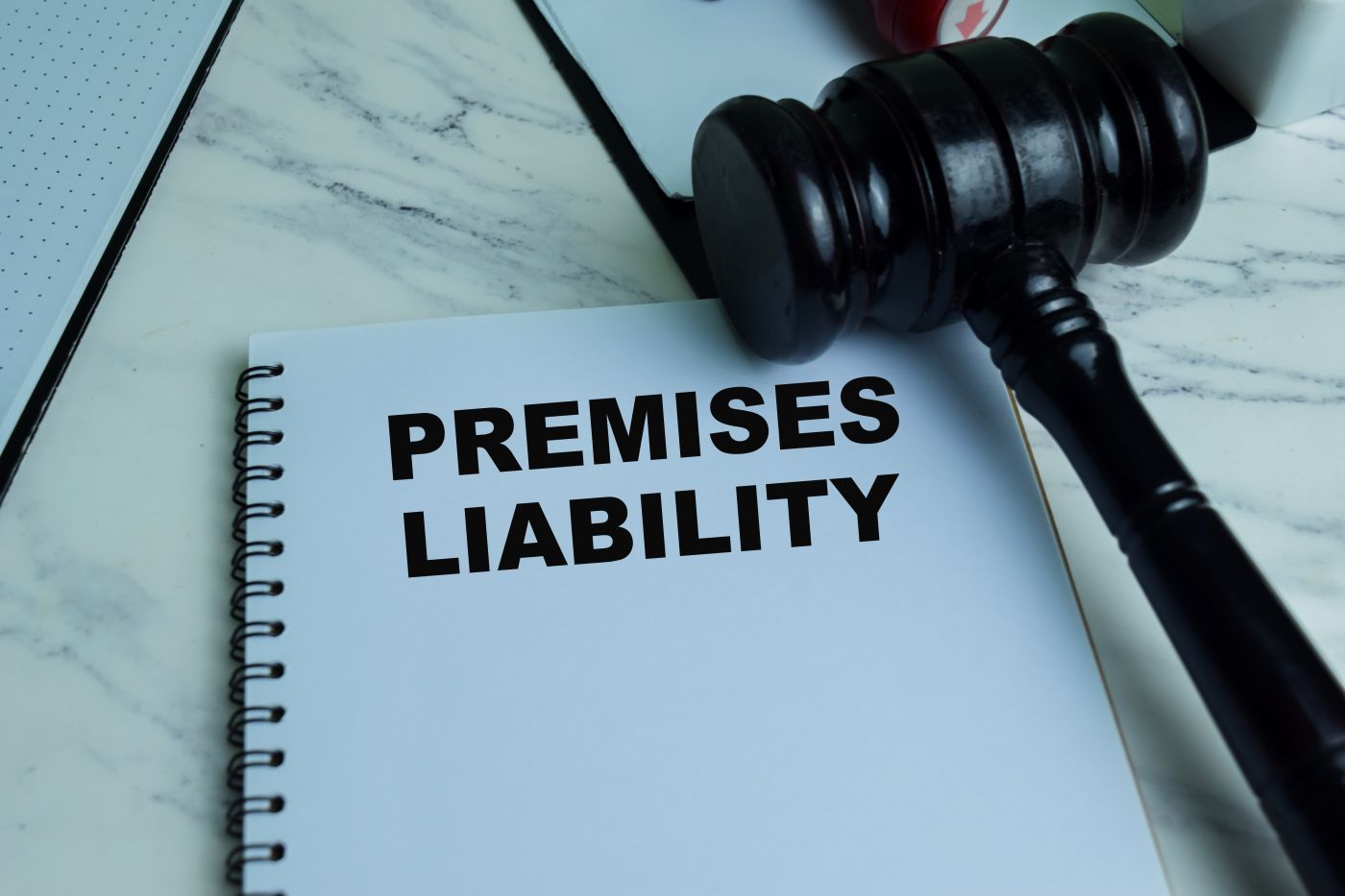
When you file product liability lawsuit in Missouri, you generally need to prove that the product in question was defective and that this defect directly caused your injury. However, manufacturers don’t simply accept that argument.
They use a variety of legal defenses, some of which may seem convincing on the surface. As plaintiffs’ attorney, we examine each of these defenses in detail so we can respond effectively and protect our clients’ rights.
Missouri product liability law recognizes several types of product defects: design defects, manufacturing defects, and marketing defects (also known as failure to warn).
Regardless of which defect you’re dealing with, manufacturers are likely to argue that they're not legally responsible.
At The McCallister Law Firm, we’ve spent years representing injured consumers throughout Kansas City, Missouri, and we understand how difficult it can be to hold a manufacturer accountable after a defective product causes harm.
Below, we explore the most common defenses they use, why they matter, and how we push back against them.
Strict Liability and Manufacturer Strategy
Missouri follows the doctrine of strict liability in many product liability law cases. This means that a manufacturer can be held liable for harm caused by a defective product even if they weren't careless or negligent. However, that doesn’t mean manufacturers have no way to defend themselves.
They often shift their strategy to argue that there was no defect at all or that the plaintiff misused the product. Because Missouri’s product liability law places the burden of proof on the plaintiff, manufacturers can often succeed if they create enough doubt.
We work hard to counter these tactics. Just because a defense is commonly used doesn’t mean it’s effective in every case. In our experience, many of these arguments fall apart when tested against the facts.
Common Defenses Under Missouri Product Liability Law
Manufacturers don’t use just one defense—they usually deploy multiple arguments to avoid responsibility. Here are the defenses we see most frequently in product liability law cases in Missouri:
No defect present: Manufacturers may claim the product functioned exactly as intended and that there was nothing wrong with it. This is a fundamental challenge to a plaintiff’s case, because under Missouri product liability law, the existence of a defect is essential to liability.
Product misuse: A common defense is that the consumer used the product in a way that wasn't intended or foreseeable. If a court finds that the product was misused in a way that caused the injury, this may release the manufacturer from liability.
Assumption of risk: If a plaintiff knowingly used a dangerous product or continued using it after discovering a defect, the manufacturer may argue that the consumer voluntarily assumed the risk.
Modification of product: If someone altered the product after it left the manufacturer’s control, and that alteration caused the injury, this can break the chain of liability.
Comparative fault: Missouri law allows manufacturers to reduce their liability if they can show the plaintiff was partially at fault. For instance, if the consumer ignores instructions or warnings, this may reduce or eliminate recovery.
Statute of limitations: Missouri has a five-year statute of limitations for most product liability cases. If a claim is filed after this window closes, the manufacturer can have the case dismissed.
State of the art defense: This defense argues that the product’s design reflected the best available technology at the time it was made. While not a complete bar to liability, it can affect damages.
Government compliance: If a product met all federal safety regulations, the manufacturer may use this to argue it wasn't defective. However, compliance with government standards doesn’t automatically mean a product is safe.
Sophisticated user defense: Sometimes, manufacturers argue that the consumer should have known how to use the product safely due to specialized knowledge or training.
Unavoidably unsafe products: Some products, like medical devices or pharmaceuticals, carry inherent risks. Manufacturers may argue that these risks are unavoidable even with proper design and warnings.
These defenses aren't guaranteed to succeed, but they’re frequently raised. As advocates for injured consumers, we review every detail of the case to challenge these arguments at every stage.
The Importance of Documentation and Expert Testimony
Manufacturers often rely heavily on technical defenses, and that’s why documentation and testimony are critical in product liability law cases. We collect user manuals, safety warnings, internal memos, inspection reports, and recall notices to build a timeline of negligence.
We also call on engineers, product designers, and safety analysts to explain the product’s defects in clear terms a jury can understand.
Product liability law in Missouri doesn’t allow us to rely on gut feelings. We need hard evidence. If we can show the product didn't meet consumer expectations or industry standards, we can effectively challenge even the most polished manufacturer's defense.
Consumer Expectations Standard in Missouri
Missouri courts often apply the “consumer expectations” test in product liability law cases. This means that a product is considered defective if it's more dangerous than a reasonable consumer would expect.
We frequently use this standard to rebut manufacturer defenses by showing that, regardless of technical compliance, the product was still unreasonably dangerous for the average user.
This standard is especially effective in marketing defect cases—situations where the manufacturer failed to provide adequate warnings or instructions. If a consumer couldn't have known about the risk, the manufacturer may be liable even if the product performed technically as designed.
Why Manufacturer Defenses Don’t Always Hold Up
Although manufacturers have many legal defenses under product liability law, that doesn’t mean they are always effective. In our experience at The McCallister Law Firm, these defenses often fall short when confronted with real-world evidence.
Technical compliance, for example, is no substitute for actual safety. Just because a product passes a test doesn’t mean it’s safe in everyday use.
Manufacturers may also be held liable if they continue selling a product after receiving complaints or safety warnings. We investigate whether the manufacturer knew or should have known about the danger. If there’s a pattern of injuries or recalls, we use that to argue that the defense doesn’t apply.
Comparative fault is another area where manufacturers frequently overreach. We’ve seen many cases where the manufacturer tries to shift blame entirely onto the consumer, even when the product was poorly designed or inherently dangerous.
Missouri law allows juries to assign percentages of fault, but this doesn’t let manufacturers off the hook entirely. Finding accountability for manufacturers is a core part of product liability law.
Call Our Product Liability Law Firm
We believe in holding manufacturers accountable when they sell dangerous or defective products. While product liability law in Missouri gives them room to defend themselves, that doesn’t mean they can escape responsibility.
We fight back by building thorough cases based on science, safety standards, and the lived experience of our clients. We’re proud to serve Kansas City, Missouri, and the surrounding areas. Call the McCallister Law Firm today.



